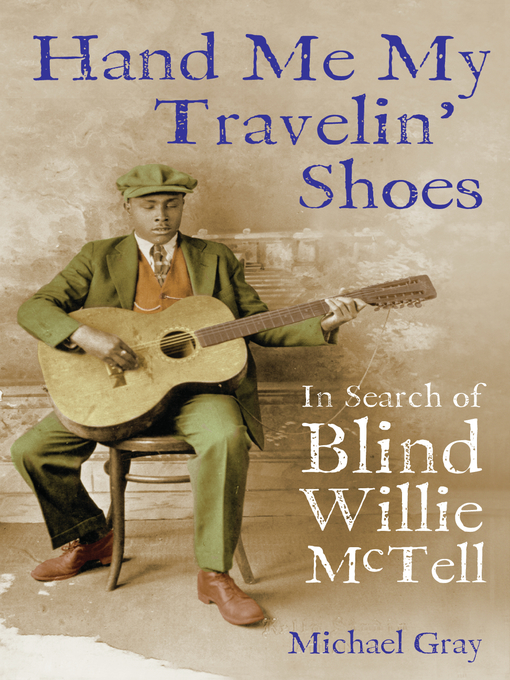Evoking the turbulent past of the subject's time and place, this odyssey to rural Georgia peels back the many layers of Blind Willie McTell's compelling, occasionally shocking, but ultimately uplifting story. Portraying him as one of the most gifted artists of his generation, this account uncovers the secrets of McTell's ancestry, the hardships he suffered—including being blind from birth—and the successes he enjoyed. Traveling throughout the South and beyond, this personal and moving journey unearths a lost world of black music, exploring why he drifted in and out of the public eye, how he was “rediscovered" time and again through chance meetings, and why, until now, so little has been written about the life of this extraordinary man. Part biography, part travelogue, part social history, this atmospheric, unforgettable tale connects the subject's life to the tumultuous sweep of history, exploding every stereotype about blues musicians and revealing a vulnerable milieu of poverty and discrimination, demonstrating that little may have changed in the Deep South, even today.
- Available now
- New eBook additions
- Most popular
- Try something different
- Popular Graphic Novels
- Popular Cookbooks
- Manga Series Starters
- Celebrate Disability Pride Month!
- See all ebooks collections
- Available now
- New audiobook additions
- Try something different
- Most popular
- Language Learning
- The Great Courses
- Celebrate Disability Pride Month!
- See all audiobooks collections
- Most Popular
- News & Politics
- Cooking & Food
- Celebrity
- Home & Garden
- Entertainment
- Health & Fitness
- Fashion
- Hobbies & Crafts
- Tech & Gaming
- Cars & Motorcycles
- Family & Parenting
- Sports
- See all magazines collections



